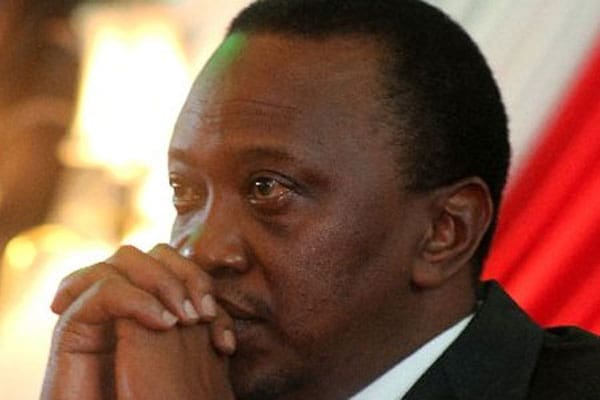
Poor Uhuru Kenyatta. Like Barack Obama, the president has perhaps the most difficulty, the most thankless and yet the most coveted job in the world. While president Obama will retire in about 20 months after his second 4-year term, president Uhuru Kenyatta will probably be at the height of his campaign to win a second 5-year term in office.
Sample this. The president goes on a working tour abroad. Even before he has finished exchanging pleasantries with his hosts and wooing investors to Kenya, the world, thanks to modern instant communication, is reading or watching stories of some local braggadocios exchanging blows or undressing each other in public.
A few days later, the president jets back into the country and the following day he is in one of the counties, commissioning new projects and promising residents more national government goodies. His handlers, it seems, don’t give him a break and this effectively distinguishes him from his laid back predecessor in State House, Mwai Kibaki.
From his body language and remarks, one can tell the president is frustrated and disappointed by the never ending litany of petty quarrels between fellow politicians and between politicians and state technocrats. Since his election to office two years ago, these have been the president’s tag words: higher economic growth, job creation, service delivery and cutting down on wasteful government spending.
Having studied in the United States, the president is well aware that Kenya, like the US is very cosmopolitan, having a mix of people and cultures from all over the world which can be turned into opportunity.
But there ends the comparison. Kenya has high rates of poverty, unemployment, underemployment, weak state organs and a huge youthful population which has been at the forefront of many recent clashes with law enforcement agencies.
For many years, a combination of these factors has led to civil strife in Somalia and South Sudan. Kenya had a civil crisis following the 2007 post-election violence and was lucky to have quickly pulled back from the cliff.
To prevent future crisis, all Kenyans must have a stake in peace. Here are a few suggestions. Counties should compete to be the best places in which to invest, live and study by boosting security and offering attractive incentives to potential investors.
Wannabe- presidents should for example be county governors or senators with strong economic growth or legislative credentials on basic needs such as food security, education and health care.
The national government should continue the push for regional integration and easing the movement of people, goods and service across Eastern Africa. They should work effectively to lower the cost of energy to light up homes and power small businesses in industrial parks.
By Leonard Njoroge/Diaspora Messenger contrinutor Email: njorogelg@yahoo.com
Source-diasporamessenger.com







